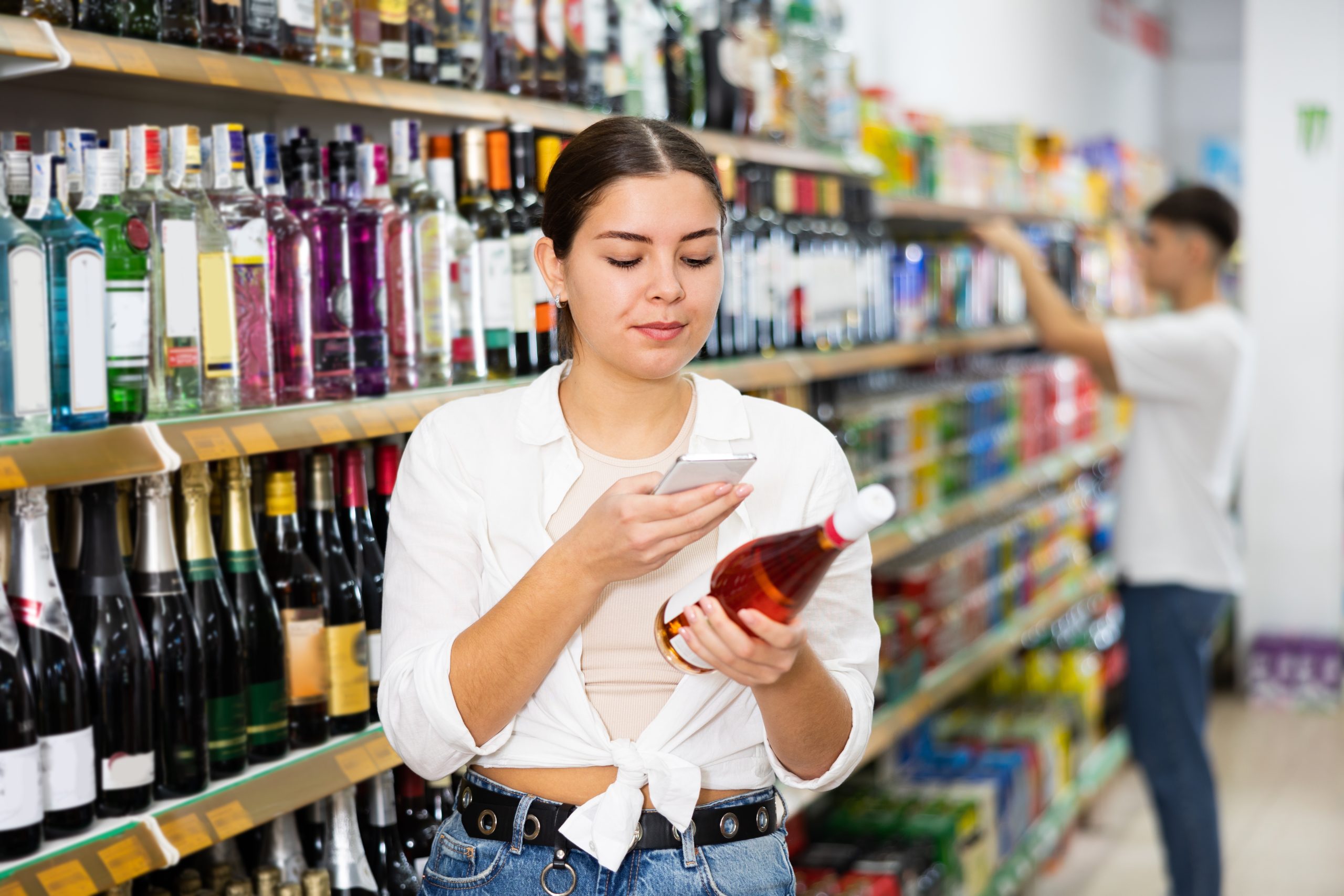AI ‘reducing cost of intelligence’ in personalising wine choices
A panel at last week’s db AI Conference, explored how generative AI could help customers pick bottles to drink at home.

Moving away from the rarefied world of the sommelier, the second session at the db AI Conference explored how the technology can help the average consumer choose a wine. The panel, representing drinks software firms, drinks media and academia, explored how AI can personalise the process of picking a bottle.
For Professor Oguz A Acar, Professor of Marketing and Innovation at King’s College London, AI “can really take personalisation to the next level.” He highlighted how generative AI (that which can create brand-new outputs) is already in use in other industries to create bespoke marketing content, such as songs or videos, for each consumer.
In this, AI technologies are provoking a sea change in marketing and consumer experience. “The internet reduced the cost of information,” he summarised. “These tools are reducing the cost of intelligence.”
Personalised to help customers
This is a particularly modern response to an old challenge. There have been previous attempts at databases to aid personalisation. La Revue du Vin de France attempted it in the 1990s, but it failed to gain traction, with Acar highlighting how it could not be wrapped in natural, interesting content and did not have a comparative element.
With the intelligence of AI, these obstacles are no longer insurmountable to the wine trade. Andrew Sussman, co-founder and chief technology officer of Preferabli demonstrated his software addressing these two issues in action.
As a generative AI model built on an analytic AI model, Preferabli’s question-based and chatbot systems have both a wealth of data points and a more natural feel. Displayed to the entire audience, it suggested sparkling wines to pair with short ribs (an easy win for Lambrusco) and suggested Pinot Grigios from a specific shop based on similarity to an unavailable bottle.
Both examples showed the potential of AI to suggest pairings naturally based on complex inputs. However, the intelligent learning software also enables a comparative element. For instance, it can learn a consumer’s preferences and predict the scores they would give certain bottles. Drinkers can therefore compare options more accurately when they will not have tried every bottle.
Partner Content
The model demonstrated vast potential as a pairing software, but Sussman was keen to stress that AI is not a panacea for the drinks trade. Users average less than a minute on the app, so the focus for the company is on quick, accurate results rather than keeping people on Preferabli.
It will not, therefore, be appropriate in all circumstances. “Don’t fall into the trap of the hammer-nail syndrome,” he warned. If AI is a company’s only tool, it could be used even when inappropriate.
New opportunities for the trade
Still, the technology can offer significant new opportunities for businesses and individuals. Describing the drinks world as “an incredibly fragmented industry”, Nick Martin, CEO of Wine Owners, believes it can reach new drinkers.
“How do you drive audiences in the first place?” he asked, perhaps encapsulating one of the great questions facing the drinks trade. With AI and new technology, he suggested companies could look “towards people who may not be the same as our offline customers.”
Indeed, generative AI can look beyond existing customer data sets and still personalise experiences for new consumers. “It’s not about who you are,” Martin explained. “It’s about what you’ve tasted and experienced.”
Clearly, AI technologies could open personalised wine suggestions to a wide range of consumers. If some worry about losing jobs in the trade, the panel seem to suggest there is a flipside: the technology could help grow the drinks market.
As Patrick Schmitt MW, chairing the panel, noted: “You need all the help you can get to make money in this business.” Maybe AI is the path to prosperity for drinks firms.
Related news
RoboDrop: can driverless cars rescue US booze sales?




